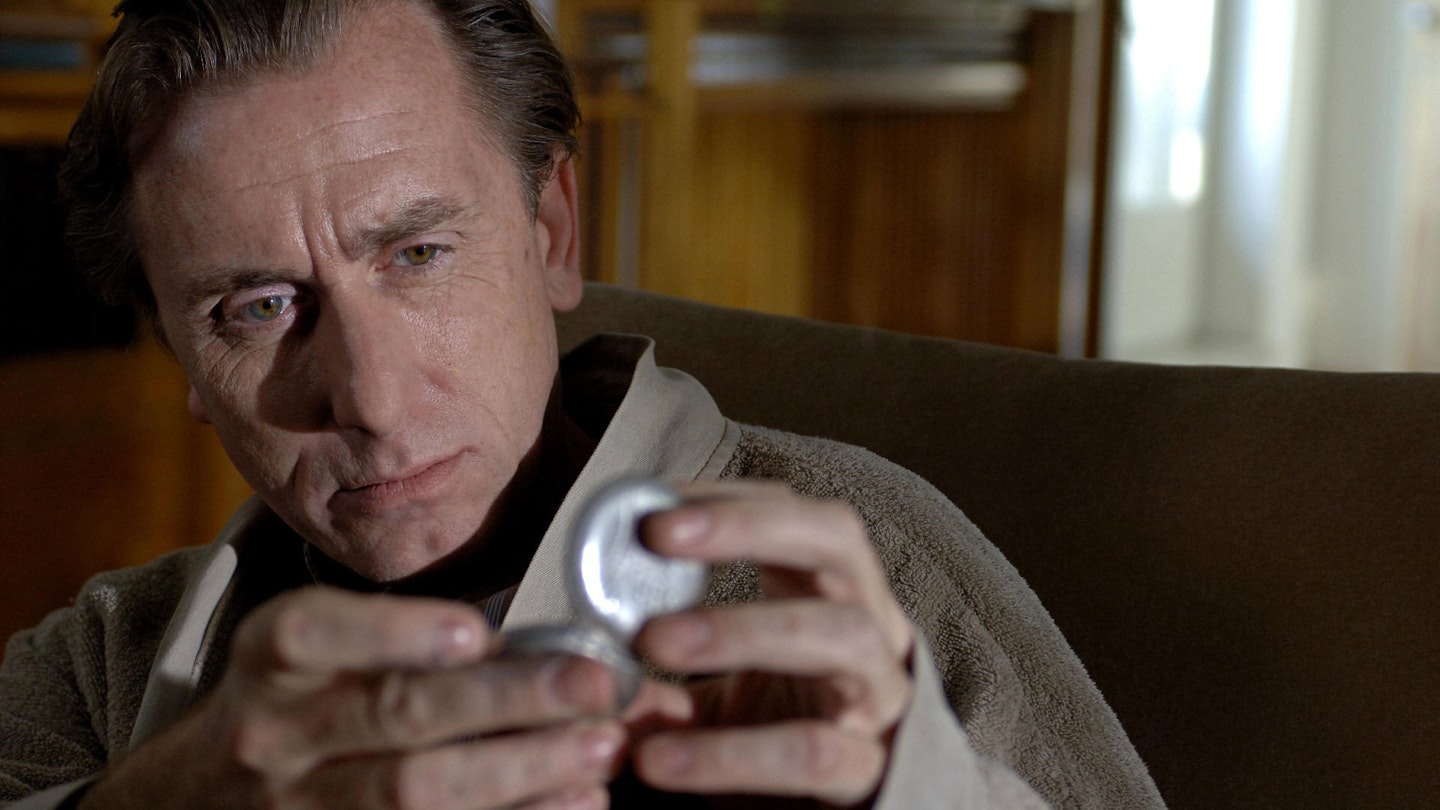Francis Ford Coppola’s first film in nearly a decade is one of his periodic attempts to find himself in a modestly-budgeted, non-studio production. More sincere and interesting than the professional jobs (Jack, The Rainmaker, etc) he took in the 1990s, it’s profoundly weird and faintly dull at the same time.
Based on a novella by the philosopher Mircea Eliade, Youth Without Youth is just what you get if a creator is more interested in ideas than story or character. Eliade deploys a lot of mystic and sci-fi elements - in some ways, it’s a magic-realist take on X-Men or Unbreakable - but Coppola’s script compounds the author’s impatient sloppiness when it comes to making actual sense or tying things together in a satisfying manner.
A current film mini-trend (see also Be Kind, Rewind) is the notion that enormous jolts of electricity won’t kill you, but will bestow magical powers that set up whimsical plotting. Here, it is theorised that the electrified, reborn, super-powered Dominic Matei might be a mutant man of the future - which sets up a too-brief mid-section offering near-pulp thrills with serial-style Nazi characters (Alexandra Pirici as a SS pin-up, André Hennicke as a mad scientist with an impressive but underused electrical laboratory) and an Allied spy recruiter (a blink-and-you’ll-miss-him Matt Damon). Then, in the second half, the whole thing collapses as the hero hooks up with another lightning-struck character, who can either offer him personal happiness or die while helping him complete his life’s work by gabbling in a succession of dead languages (“It’s Sumerian - no, Babylonian”). Meanwhile, Matei’s mirror-self sometimes manifests to argue with him (and even be seen by others) then cues a coda which jumps the tracks again and cops plot developments from The Picture Of Dorian Gray.
This offers a lot of interesting material, but Coppola has become one of those creators who can’t take any advice. There are a few flashes of astonishing cinema here, but far more sequences so clumsy you’d think they were shot by a neophyte. Crucially, Roth and Lara, who are individually fine, don’t produce any electricity when they are together, which means that the post-War half of the film fritters away all the goodwill until we reach a grumpy, elderly git’s apotheosis.
